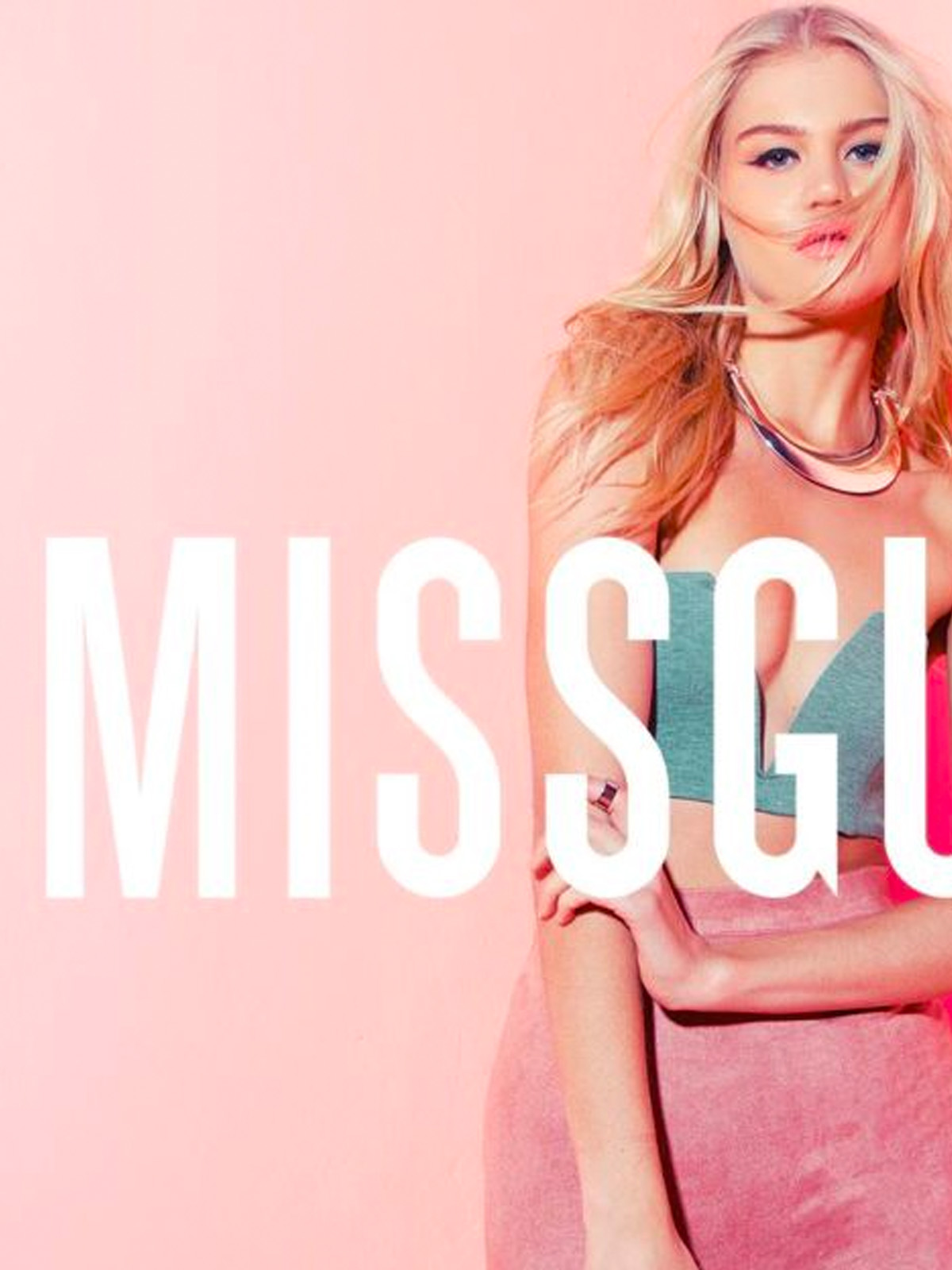It goes without saying that these are challenging times. Human liberties, livelihoods, and indeed lives are being lost like never before.
The obvious threat of a deadly virus is compounded by destructive economic impacts that are mounting day by day with no end in sight. Countless business shutdowns, entire industries wiped out, and billions of workers left stranded.
Fashion has fallen victim, too. Zara-owner Inditex wrote off over $330M worth of inventory last month. The world’s second largest retailer, H&M reported a 46% plunge in March sales. Retail stores all around the globe have closed, countless workers have lost their jobs, and vulnerable communities in global supply chains are facing grave danger.
From Macy’s to Topshop, the stories of major lay-offs at the front line are well publicised. Even brands committed to sustainable production like Reformation, Eileen Fisher and Veja have had to shut their doors, with many smaller players following suit. But it’s the stories behind the scenes of fashion labels that are even more despairing.
Bangladesh, the second-largest apparel producer after China, is set to lose $6 billion in export revenue as international brands cancel orders, jeopardising millions of jobs in one of the world’s poorest countries.
Unlike in the US, Europe, and Australia, these workers don’t have access to health care and government support and live off daily wages. Without pay, they literally cannot survive.
These tragedies shine a light on the underlying flaws of a model that reacts rashly and does not protect the very makers of our clothes. Businesses need to do more.
But there is hope.
Consumers are looking to do things differently, more consciously. They’re reconsidering values and backing local businesses that do good, paving the way for new, more sustainable models to emerge.
Some fashion brands are stepping up too, adapting to market challenges and demands with creativity and ingenuity. Factories are making face masks, ventilators, and hand sanitisers. Businesses are shifting focus to de-risking supply chains, expanding ecommerce platforms, investing in employee engagement, and returning to purpose-led strategies.
Meanwhile, our environment is experiencing some respite from over production and consumption. The connectedness of people and planet is more apparent than ever. The power of people’s choices is more meaningful than ever.
That’s why at Good On You we are even more committed to pursue our mission to empower people to buy better and connect conscious shoppers to sustainable brands.
With our sustainability ratings and active community, we can help retailers stay connected, share positive brand stories, and reach the growing conscious consumer market.
It’s time to reinvent the future of fashion.
Author bio:
Sandra Capponi is the co-founder of Good On You, the leading source for sustainability ratings in fashion. Since 2015, she’s led the team to rate over 3,000 brands for their impact and empower millions of consumers to buy better. With years of experience in corporate social responsibility, Capponi has long been concerned with supply chain issues in big business. She started Good On You because she sees huge potential in using people power to drive industry change. A typical Melbournian, she loves espresso coffee, live music, and wearing black…from brands rated “Good” and “Great”, of course. Follow her on LinkedIn.
















